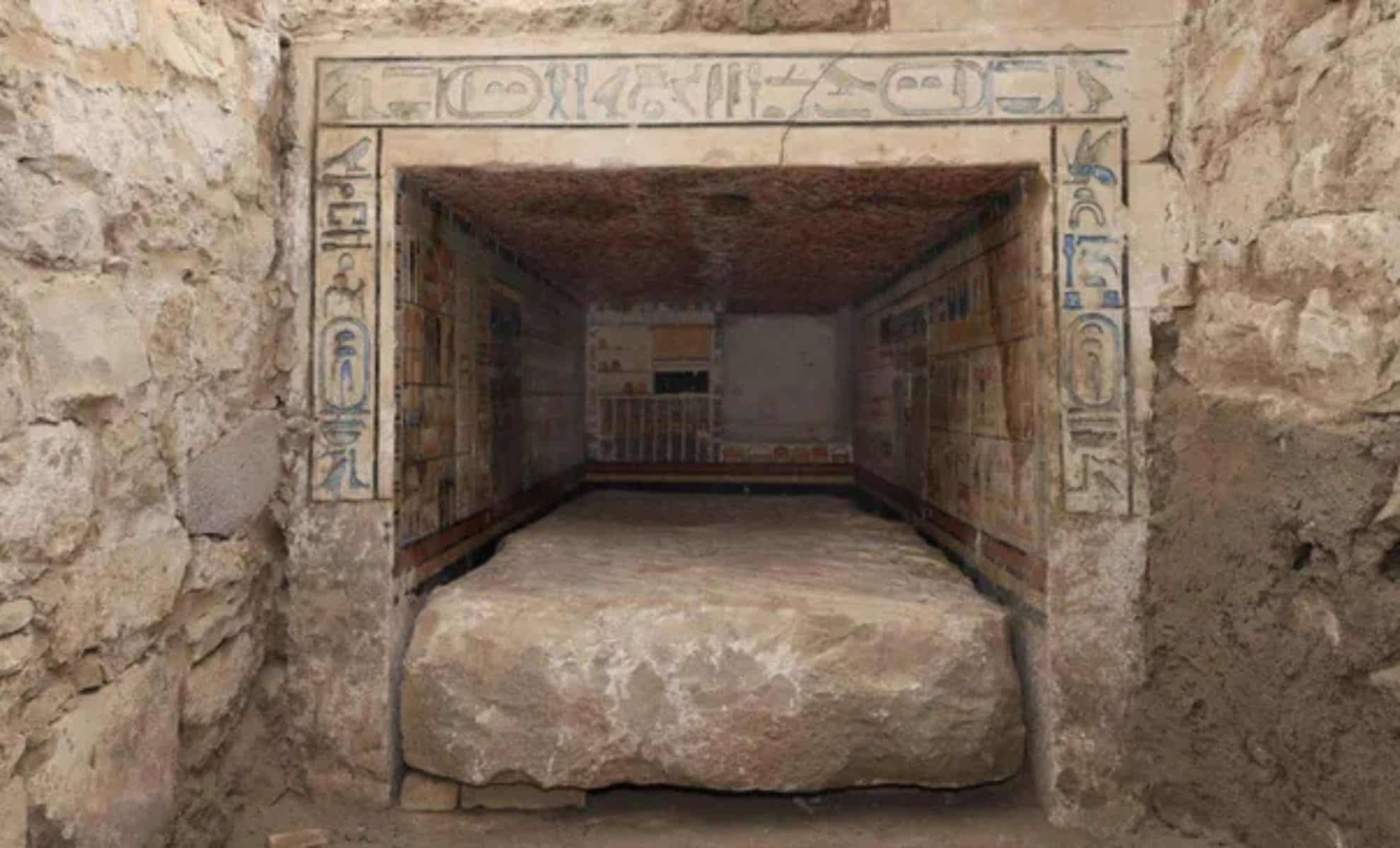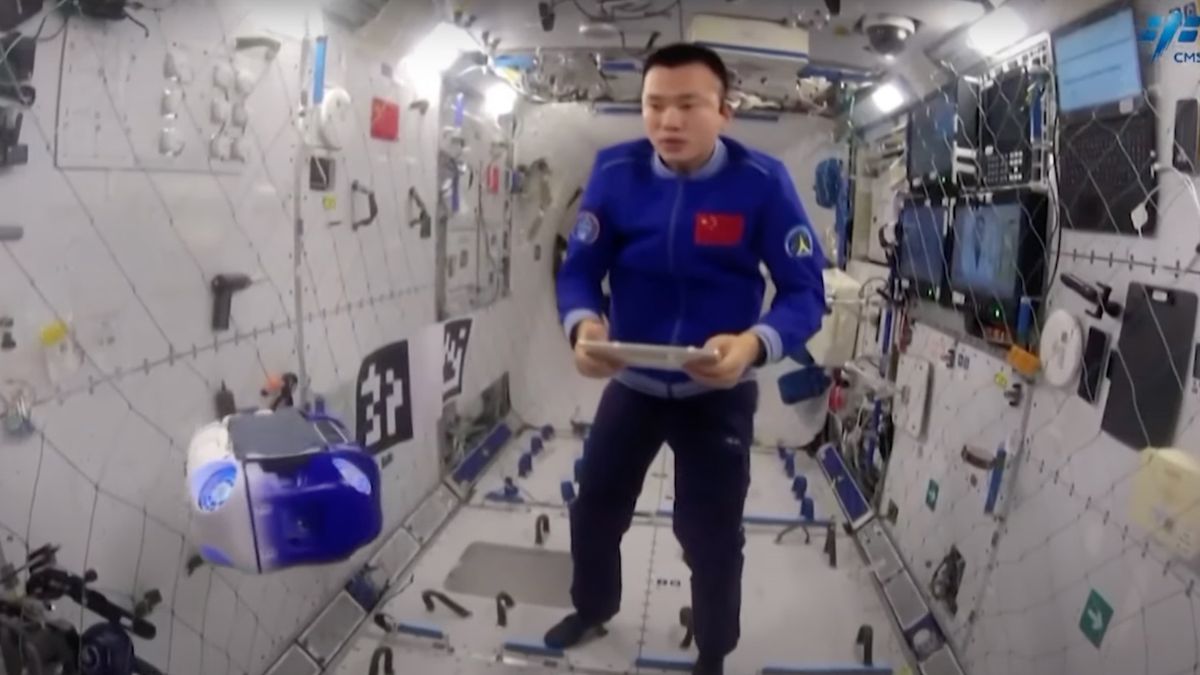

Our sense of smell does more than just alert us to dangers like fire or let us enjoy delicious meals. It might also hold clues about brain health. Researchers at the University of Chicago Medicine have discovered that a declining sense of smell over time could signal cognitive decline and brain changes associated with Alzheimer’s disease and dementia.
This groundbreaking finding, published in Alzheimer’s & Dementia: The Journal of the Alzheimer’s Association, suggests that smell tests could help identify early signs of cognitive problems. Early detection is critical, as it offers patients and their families more time to manage the disease and explore treatment options.
Alzheimer’s: A Growing Concern
Alzheimer’s disease is a leading cause of cognitive decline, affecting over 6 million Americans. It begins with memory loss and progresses to other symptoms, such as mood changes and difficulty performing everyday tasks. While there’s no cure yet, early detection could improve quality of life and slow the disease’s progression.
The Study and Its Findings
The research team used data from the Memory and Aging Project (MAP), a long-term study that focuses on chronic conditions and neurodegenerative diseases. Participants were tested annually for their sense of smell, cognitive abilities, and signs of dementia.
The study revealed that people who experienced a rapid loss of smell during periods of normal cognition were more likely to show key markers of Alzheimer’s disease, including:
- Smaller gray matter volume in brain areas tied to smell and memory.
- Worse cognitive performance over time.
- A higher risk of developing dementia.
The study found that the risk linked to a declining sense of smell was comparable to carrying the APOE-e4 gene, a well-known genetic risk factor for Alzheimer’s.
Why This Matters
These findings could change how we detect Alzheimer’s in its earliest stages. Smell tests, which are simple and non-invasive, could become a valuable tool for identifying at-risk individuals before cognitive symptoms appear.
However, more research is needed. The scientists plan to study brain tissue to confirm their findings and determine whether smell tests can reliably predict Alzheimer’s. They also want to include a more diverse group of participants to ensure the results apply to all populations.
The Link Between Smell and Brain Health
This study adds to a growing body of research showing the importance of smell for overall brain health. Earlier work by the same team found that older adults who lost their sense of smell were three times more likely to die within five years than those with normal smell.
Remarkably, this was a stronger predictor of death than serious conditions like heart failure, lung disease, or cancer.
Steps to Protect Your Brain
While research continues, there are steps you can take to support brain health:
- Diet: Studies suggest that a Mediterranean diet, rich in fruits, vegetables, whole grains, and healthy fats, may protect the brain. Blueberries, in particular, have been shown to reduce the risk of cognitive decline.
- Vitamin D: Deficiency in this vitamin has been linked to a higher risk of Alzheimer’s and vascular dementia.
- Blood Pressure Management: High blood pressure, especially at night, may increase the risk of Alzheimer’s.
This new research highlights the potential of smell as an early warning system for dementia. It also reminds us of the importance of caring for our brain health throughout life.
If you care about brain health, please read studies about inflammation that may actually slow down cognitive decline in older people, and low vitamin D may speed up cognitive decline.
For more information about brain health, please see recent studies about common exercises that could protect against cognitive decline, and results showing that this MIND diet may protect your cognitive function, prevent dementia.
Copyright © 2025 Knowridge Science Report. All rights reserved.









Leave a Comment